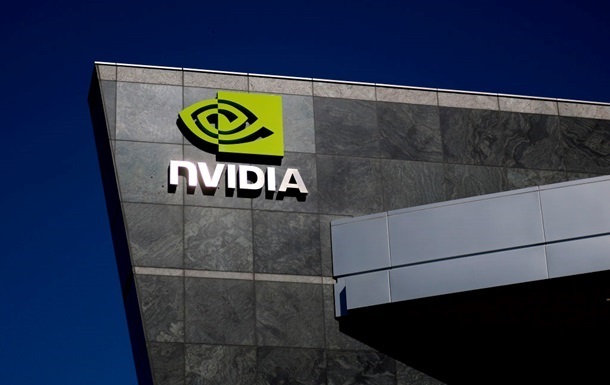Nvidia has allowed to expand sales of H20 graphics processors (GPU) to China.
This month, the administration of US President Donald Trump allowed Nvidia to expand sales of H20 graphics processors (GPU) to China.
Nvidia placed an order for 300,000 H20 chips with the Taiwanese TSMC last year through a strong supply from China, which prompted the American company to change its decision and not rely on existing reserves. This is reported by Reuters via email to Dzherel.
It appears that this month the administration of US President Donald Trump allowed Nvidia to extend sales of H20 graphics processors (GPUs) to China, which has actually been blocked, introduced in the quota, which is small in the future. advanced chips from being lost to the hands of the Chinese through the war for national security.
Nvidia developed the H20 chip specifically for the Chinese market after the US imposed export restrictions on its other AI chips at the end of 2023. The H20 chip is less powerful than the H100 from Nvidia or the new Blackwell series, which is sold in markets in China.
As reported, new agreements with TSMC will supply up to full stocks of 600,000-700,000 H20 chips.
To put things into perspective, Nvidia sold close to 1 million H20 chips in 2024, according to US follow-up company SemiAnalysis.
According to Nvidia CEO Jensen Huang, the intention is for the H20 to mean that production will be restarted. Having added that the new post will take nine months.
Following Huang’s trip to Beijing this month, The Information reported that Nvidia had told its customers that the company had limited H20 inventory and had no immediate plans to revive production. chips
Nvidia needs to revoke US export licenses to produce H20 chips. In the middle of the line, the company announced that it had withdrawn the song from ownership and that licenses would be issued in the near future.
According to Geral, the US Department of Commerce has not yet approved this license.
Nvidia was pleased to comment on the new agreement and the status of its license applications. TSMC was also willing to comment on the situation. The US Department of Commerce did not respond to requests for comment.
Apparently, Nvidia asked Chinese companies that want to add H20 chips to submit new documentation, confirming the forecasts for contracting with clients.
It seems likely that Nvidia is facing restrictions on the supply of common AI chips that are allowed to be exported under new US rules to China. The US ban on sales of H20 chips, introduced in the country, forced Nvidia to cancel customer agreements and limit the labor costs.


